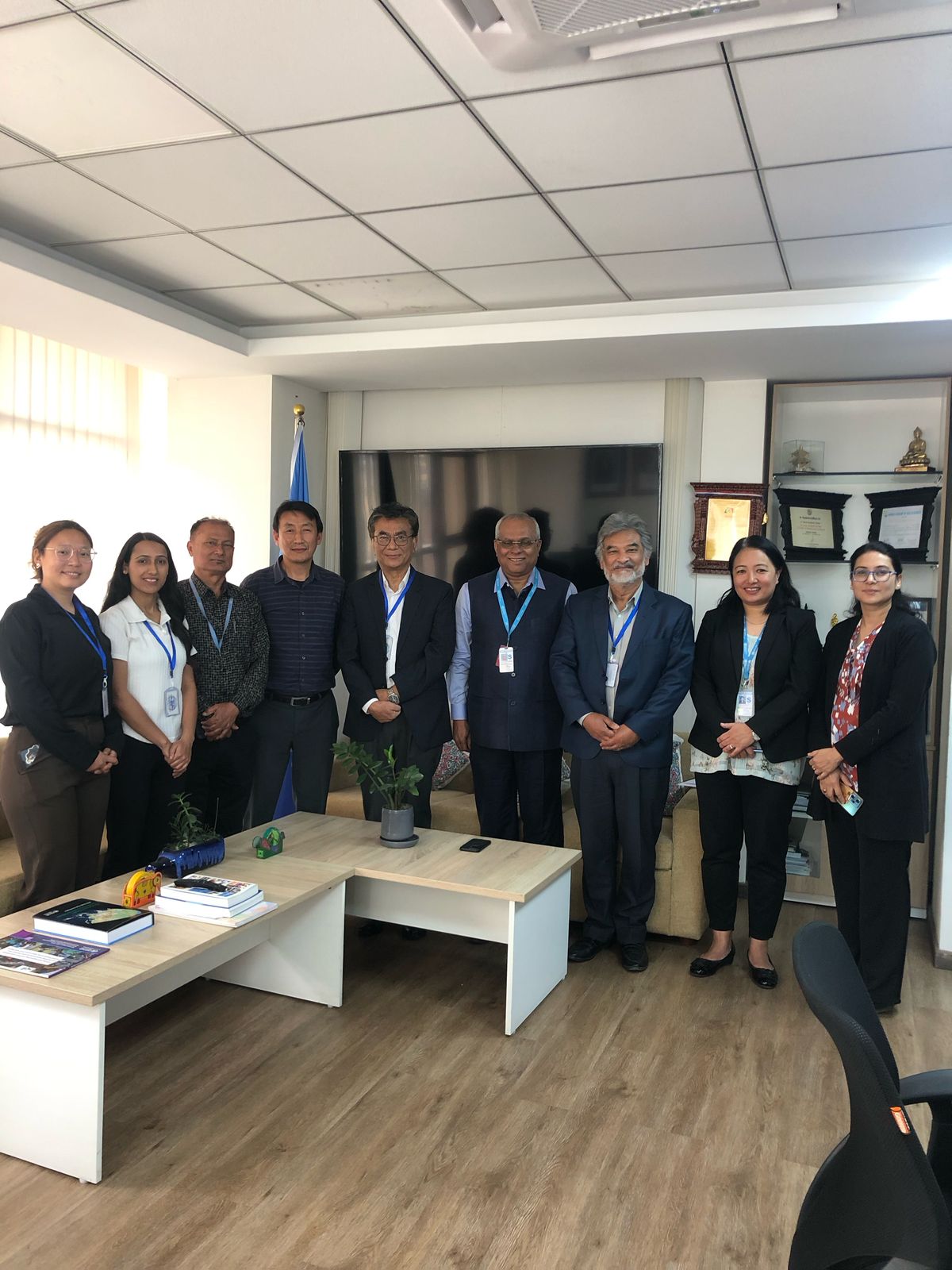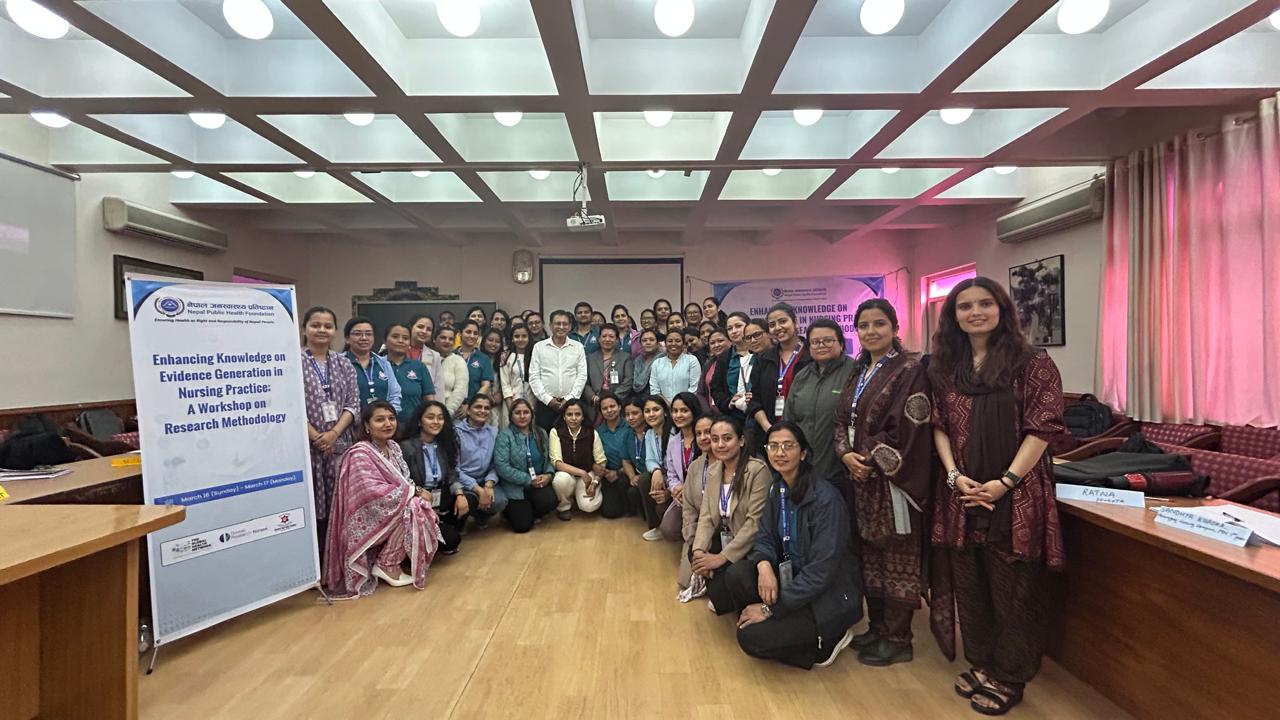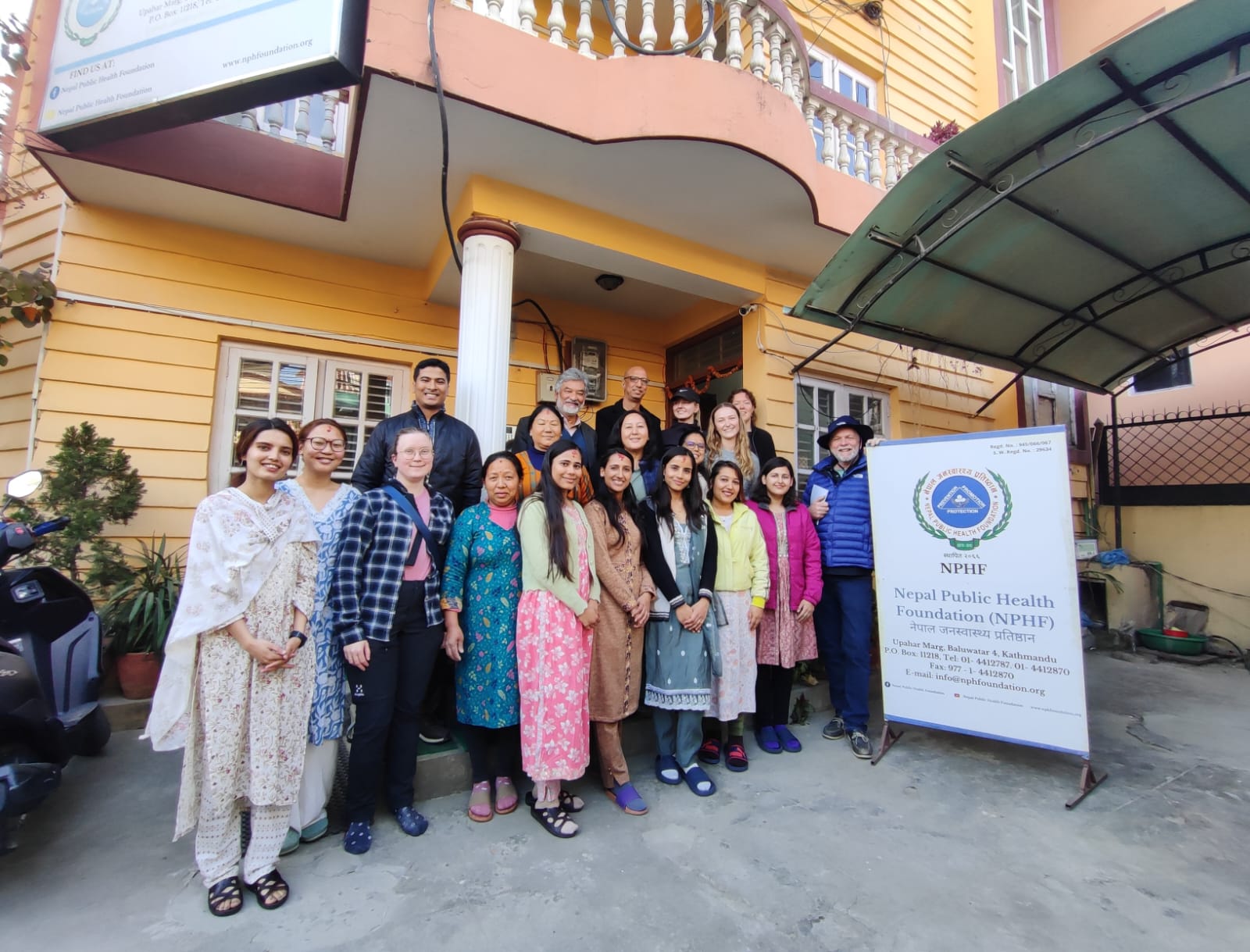A meaningful exchange with the World Health Organization today, as the Nepal Public Health Foundation (NPHF) presented its efforts to reduce maternal and neonatal mortality through grassroots innovation and collaboration.
In our ongoing project in Kapilvastu, we are tracking pregnant women in close partnership with municipalities, wards, health facilities, and Female Community Health Volunteers (FCHVs)—who are key to reaching every mother. By integrating local systems and strengthening referral linkages, we aim to create real, measurable change in MMR and NMR.
NPHF shared the strengths, challenges, and opportunities of this model, underlining how locally-driven, multisector approaches can accelerate progress toward SDG 3 and Nepal’s 2030 health targets. Together, we move forward for a healthier, safer future for mothers and newborns.



